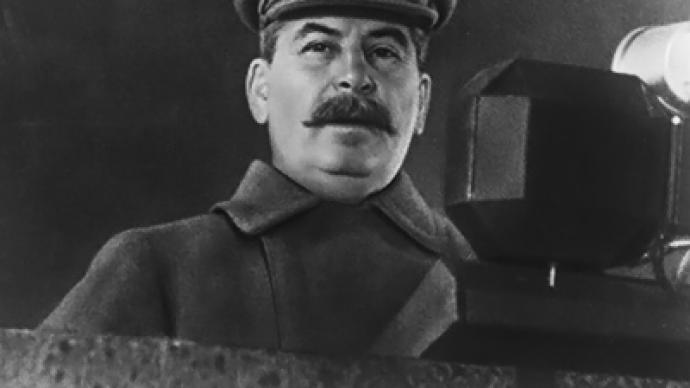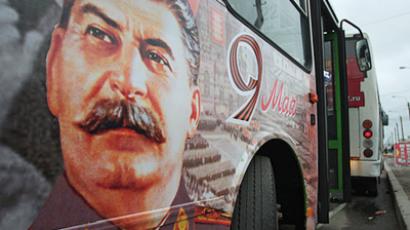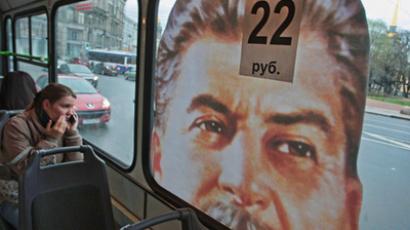Declassified intelligence data confirm Stalin’s awareness of Nazi Germany war preparations

Ahead of the 70th anniversary of the Nazi invasion of the Soviet Union, Russia’s Intelligence Service has declassified documents confirming Stalin’s responsibility for the innumerable casualties suffered by the USSR in the first days of the war.
Previously, only select archives were available for study. The fact that the Soviet leader received regular reports about Germany’s war plans is no secret, but it is the first time the full set of documents, mostly intelligence reports dating from 1938 to 1941, have been made public. They were complied in a book entitled “Agression” by former intelligence officer Major General Lev Sotskov. The documents shed light on some little-known facts while concurrently challenging myths of the past, Sotskov told RIA Novosti. So the importance of this book is that it scrupulously builds a very detailed picture of European politics prior to and ultimately during the first years of the Second World War which saw the invasion of the Soviet Union. “There is still speculation as to whether Soviet Intelligence provided complete and accurate data,” Lev Sotskov said. He believes Stalin shoulders the burden of blame for the defeats the USSR suffered during the first days and months of the war. “The documents provide impartial evidence of the excellent work done by Soviet intelligence who duly informed the USSR leadership as to what was going on in the world of international politics. All of this information about the preparations for the attack had been reported directly to Stalin, but he did nothing.” It was Chief of the General Staff Konstantin Zhukov who managed to convince Josef Stalin to put the army on alert on the evening of June 21, 1941, just hours before the German assault, which started at 4am on June 22. But too much time had been lost, the country was not at all ready for the invasion. The personality of Josef Stalin continues to divide Russian society. The myth that he created and maintained through his life has proved tenacious. Even after Nikita Khrushchev broke the Stalin personality cult and began the process of rehabilitating political prisoners, many continued to believe in his “infallibility”. His role in the Second World War and the Great Patriotic War (a term used to describe the eastern front fought on the Russian soil in 1941-1945) has aroused the most debates, with the Communists asserting the generalissimo’s decisive part in bringing about victory.For the last several years prior to Victory Day, the Communist party or their supporters have come up with various initiatives aimed at promoting the idea that Stalin’s leadership was indispensible to the Soviet War effort and their ultimate triumph over Nazi Germany. For example, over the last two years, Stalin’s portrait appeared around the St. Petersburg metro as well as buses prior to the May holiday commemorating the event. Earlier, there was heated debate about adorning one of Moscow Metro’s stations with a portrait of Stalin The idea sparked a lot of controversy as well as objections from human rights activists.














